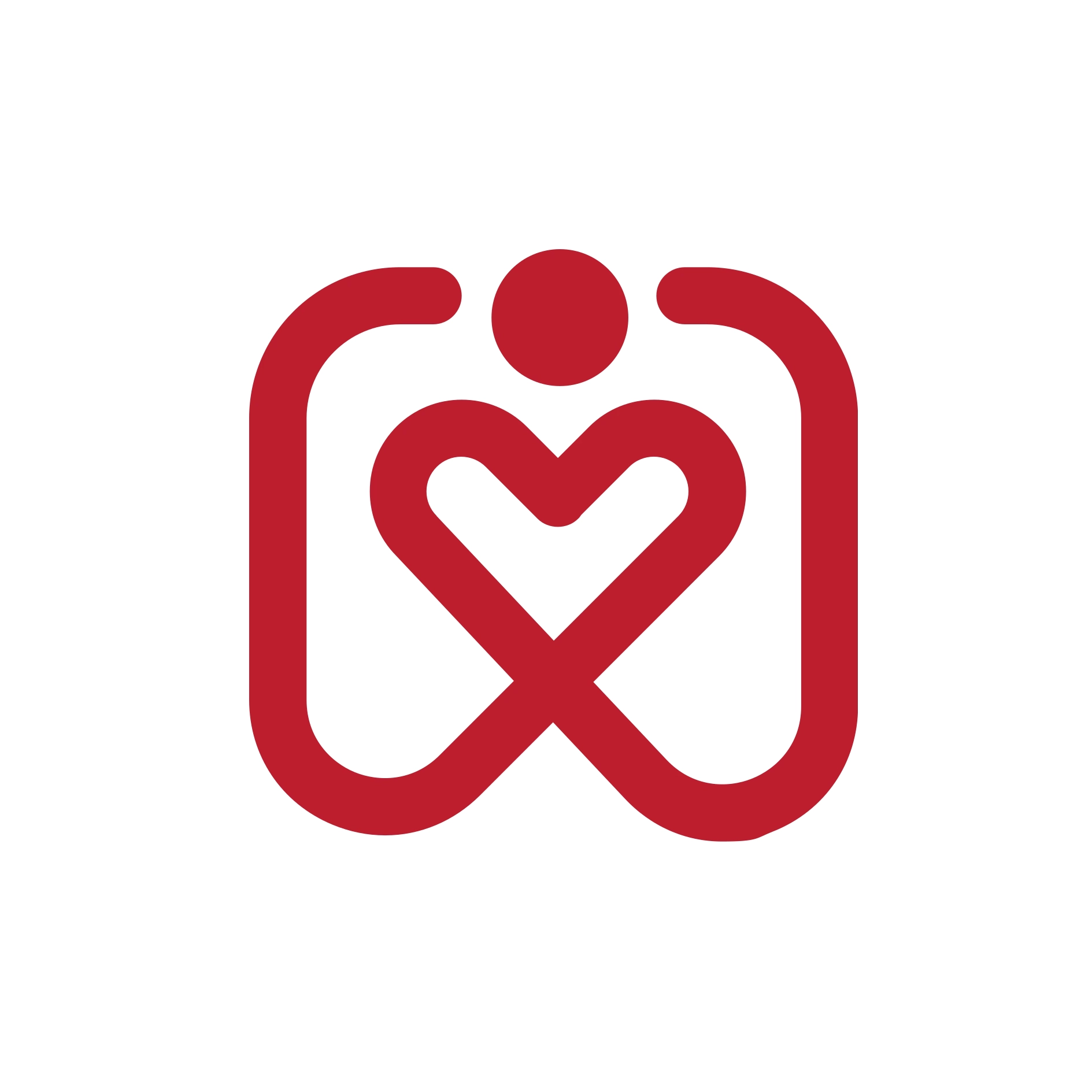Heart disease remains the leading cause of death worldwide. Yet, many people ignore the warning signs until it’s too late. Recognizing the early signs of heart problems is crucial for timely diagnosis, management, and prevention. This blog highlights 10 key symptoms that could indicate a problem with your heart—even before a major event like a heart attack occurs. Early action can save lives.
Why Early Detection of Heart Problems Matters
When it comes to heart health, the earlier the intervention, the better the outcome. Many cardiac conditions develop gradually and can be managed well if caught in time. Early symptoms are often subtle and easy to dismiss, which is why awareness is critical.
- Prevent progression of coronary artery disease
- Reduce the risk of heart attacks and cardiac arrest
- Increase the effectiveness of treatments
- Improve long-term quality of life
1. Chest Discomfort
This is the most well-known symptom, but not all chest pain is the same. It could feel like pressure, squeezing, fullness, or burning. The pain might spread to your shoulders, arms, neck, or jaw.
- Often occurs during physical exertion or stress
- May last a few minutes or come and go
- Not always sharp or intense
If you're unsure whether it's heart-related, seek medical advice. Better safe than sorry.
2. Shortness of Breath
Struggling to breathe during light activity or at rest is a significant warning. It may suggest the heart is not pumping efficiently, leading to fluid accumulation in the lungs.
- Often accompanied by fatigue or dizziness
- May worsen when lying down
- Indicates poor oxygen circulation
3. Fatigue or Weakness
Feeling unusually tired despite adequate rest could indicate that your heart is working harder than usual. This is especially concerning when fatigue affects daily tasks.
- May worsen over days or weeks
- Linked to reduced blood flow to muscles and organs
- Common in women with heart issues
4. Pain in the Arms, Back, Neck, or Jaw
Unexplained pain in these areas could be referred pain from the heart, especially in cases of angina or heart attacks.
- Not always accompanied by chest pain
- May occur during activity or stress
- Often ignored, especially in women
5. Irregular Heartbeat
Feeling like your heart is skipping a beat or racing without reason may signal arrhythmias or other heart problems.
- May be harmless, but recurring episodes need evaluation
- Often felt during rest
- Can cause dizziness or fainting
If palpitations become frequent, consult a cardiologist immediately. Learn more about rhythm issues under Cardiac Treatments.
6. Swelling in Legs, Feet, or Abdomen
Swelling, or edema, occurs when the heart cannot circulate blood effectively, causing fluid buildup in the lower parts of the body.
- Indicates heart failure or valve issues
- May be accompanied by weight gain
- Can worsen throughout the day
7. Persistent Cough or Wheezing
A long-term cough, especially if it produces pink or white mucus, may be linked to heart failure.
- Due to fluid in the lungs
- May worsen at night or when lying down
- Often overlooked as a respiratory issue
8. Dizziness, Light-headedness, or Fainting
Feeling dizzy or faint can be caused by low blood pressure or inadequate blood flow from the heart.
- May occur suddenly
- A sign of arrhythmia, valve disease, or heart failure
- Increases fall risk, especially in older adults
9. Cold Sweats and Nausea
These are classic symptoms of a heart attack but are often mistaken for anxiety or indigestion.
- May appear with or without chest pain
- Cold, clammy skin is a red flag
- Requires immediate attention
10. Snoring or Sleep Apnea
Loud snoring or gasping during sleep may be a symptom of obstructive sleep apnea, which increases the risk of high blood pressure and heart problems.
- Affects oxygen levels during sleep
- Linked to hypertension and atrial fibrillation
- May lead to chronic fatigue
If you or your partner notice these symptoms, consult a specialist. Untreated sleep apnea is a serious cardiac risk.
When to Seek Medical Attention
Do not wait until symptoms become severe. Contact a healthcare provider if you experience any of these signs:
- They occur frequently or are worsening
- They interfere with daily activities
- You have risk factors like diabetes, hypertension, or smoking
In case of sudden or intense symptoms like chest pain, fainting, or shortness of breath, call emergency services immediately.
Who Is at Risk?
Certain populations have a higher chance of developing heart problems. Being aware of your risk profile helps you take preventive steps:
- People over 45 years (men) and 55 years (women)
- Individuals with family history of heart disease
- Diabetics and hypertensives
- Smokers and heavy drinkers
- Sedentary lifestyle and unhealthy diet
Preventive Measures You Can Take
Even if you don’t have symptoms now, a preventive approach can dramatically improve your heart health. Start with:
- Regular health checkups and blood tests
- Monitoring blood pressure and cholesterol
- Following a balanced, heart-healthy diet
- Staying active for at least 30 minutes a day
- Managing stress with relaxation techniques
To learn what foods support heart health, check our blog on Best Foods for a Healthy Heart.
Final Thoughts
Recognizing the early signs of heart problems can mean the difference between life and death. Many people dismiss their symptoms or self-diagnose until it's too late. This blog aims to encourage timely action and awareness. If you notice any of the 10 symptoms listed above, don’t ignore them. Schedule a check-up and discuss your concerns with a cardiologist.
Remember, heart disease is preventable. By being informed and proactive, you can protect your heart and live a longer, healthier life.



